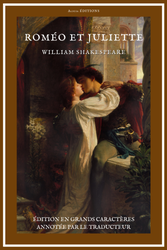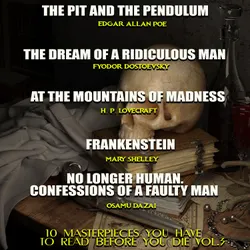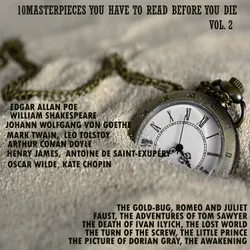William Shakespeare's "King Lear" stands as a towering masterpiece, a tragic tale of power, betrayal, and the human condition. This timeless play delves into the complexities of familial relationships and the consequences of unchecked ambition.
At its core, "King Lear" tells the story of an aging monarch who, in a moment of misguided judgment, divides his kingdom among his three daughters based on their flattery. The consequences of this rash decision spiral into chaos, exposing the treachery and cruelty lurking beneath the surface of the court.
The character of Lear himself undergoes a profound transformation, evolving from a proud and authoritarian ruler into a broken and humbled figure. His descent into madness is a poignant exploration of the fragility of sanity and the corrosive effects of unchecked power.
Shakespeare weaves a rich tapestry of characters, each grappling with their own desires and flaws. The play's exploration of filial ingratitude, loyalty, and the nature of love remains strikingly relevant to contemporary audiences.
"King Lear" is a visceral experience, featuring intense emotional highs and lows. It navigates themes of justice and injustice, fate, and the capriciousness of life. The storm scene, in which Lear rages against the elements, is one of the most iconic and powerful moments in all of literature.
This tragedy's enduring appeal lies in its profound insights into the human psyche and society's capacity for cruelty and redemption. "King Lear" continues to captivate audiences and scholars alike, reminding us of the enduring relevance of Shakespeare's exploration of human nature and the consequences of power.
ABOUT THE AUTHOR
William Shakespeare, the immortal bard of Avon, was a masterful playwright and poet whose brilliance continues to captivate the world. Born in 1564 in Stratford-upon-Avon, England, his life remains shrouded in mystery, yet his literary legacy shines brightly. Shakespeare's unparalleled talent crafted timeless works such as "Romeo and Juliet", "Hamlet", and "Macbeth", exploring the depths of human emotion and the complexities of the human psyche. His words, like a symphony of language, have left an indelible mark on literature, theater, and culture, transcending time and space. Today, his eloquence and storytelling prowess continue to enchant audiences, making him an everlasting icon of artistic excellence.












